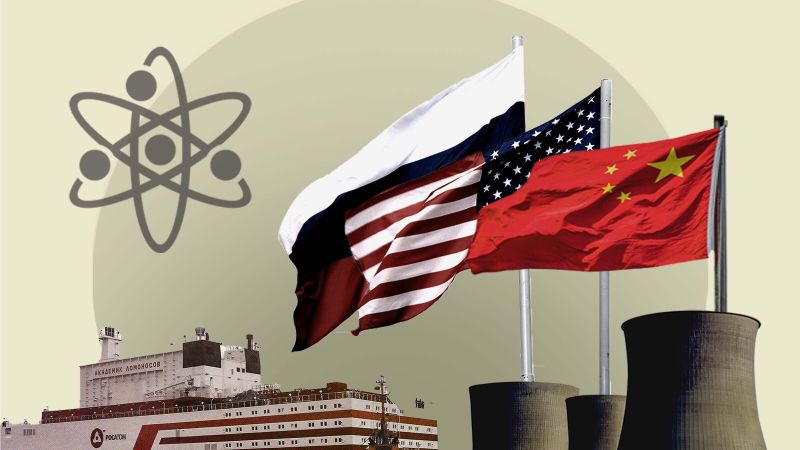- cross-posted to:
- technology
- cross-posted to:
- technology
This is an automated archive made by the Lemmit Bot.
The original was posted on /r/worldnews by /u/nuclearsciencelover on 2024-02-02 15:28:56.
This is the best summary I could come up with:
SMRs — which are smaller and less costly to build than traditional, large-scale reactors — are fast becoming the next great hope for a nuclear renaissance as the world scrambles to cut fossil fuels.
SMRs are potentially an enormous global market that could bring money and jobs to the US, which is trying to sell entire fleets of reactors to countries, rather than the bespoke, large-scale power plants that notoriously go over budget and way past deadline.
It seems that decades-old fears over the safety of nuclear are starting to fade, and people — or their governments at least — are weighing the benefits against the risks, including the problem of storing radioactive waste, which can remain dangerous for thousands of years.
Nuclear power, generally, doesn’t emit planet-warming carbon pollution when used and generates more energy per square meter of land use than any fossil fuel or renewable, according to an analysis by Our World in Data.
China isn’t building many nuclear plants abroad but as the only country to have an SMR in operation on land, it’s in a good position to win a large share of the market.
And according to an analysis by climate consultancy InfluenceMap, the US was the only foreign country to lobby the European Union to include nuclear power in its official list of energy sources the bloc considers “green,” and therefore eligible for central funding.
The original article contains 1,787 words, the summary contains 229 words. Saved 87%. I’m a bot and I’m open source!


